Cauliflower and broccoli are both cruciferous vegetables, but they’re often confused with one another. They both have similar nutritional profiles and can be used in many of the same ways when cooking. However, some differences between them can impact your health and taste preferences. Let’s explore these differences so you can choose which veggie to eat more often!
Cauliflower and broccoli are both cruciferous vegetables.
Cauliflower and broccoli are both cruciferous vegetables. Cruciferous vegetables are plants that belong to the cabbage family.
You might have heard about the health benefits of eating cruciferous vegetables, which include cancer prevention and improved brain function. Cauliflower and broccoli have similar nutrient content, but they taste different.
Both cauliflower and broccoli are nutrient-dense vegetables.
Cauliflower, like broccoli, is a nutrient-dense vegetable. Both cauliflower and broccoli are low in calories and high in fiber. They’re also rich in vitamins and minerals such as vitamin C and folate (a B vitamin) that play important roles in your body’s daily functions. They contain many beneficial antioxidants, which have been linked to better health.
Both cauliflower and broccoli provide a significant amount of nutrients for very few calories (about 30 calories per cup). A serving of either provides more than half of your daily requirements for vitamin C! Broccoli is higher in protein than cauliflower. Still, both can be enjoyed as part of a healthy diet plan alongside other nutrient-dense foods such as fruits, whole grains, and lean proteins.
Broccoli is lower in calories than cauliflower.
Broccoli is a good source of fiber and protein. It’s also packed with vitamins and minerals. Broccoli contains calcium, vitamin A, vitamin C, folate (folic acid), choline, potassium, and manganese.
Broccoli has fewer calories than cauliflower. A cup of steamed broccoli gives you only 41 calories compared to the 84 calories in a cup of raw cauliflower.
Cauliflower is an excellent source of vitamin C.
Cauliflower is an excellent source of vitamin C. It’s not just a good source. It’s one of the best!
Vitamin C is an antioxidant that helps your body fight free radicals. Free radicals are the main cause of aging and cancer, so they’re important to keep at bay. In addition to helping you stay young, vitamin C also helps prevent scurvy (think “A Clockwork Orange”), promotes healthy skin, bones, and teeth, supports immune system function, and even plays a role in wound healing.
Cruciferous vegetables can lower the risk of certain cancers.
Cruciferous vegetables are a group of vegetables known for their rich antioxidant content, which helps protect against certain diseases. They contain several other nutrients, including fiber, vitamin C, and potassium.
Cauliflower and broccoli have been shown to lower the risk of several cancers, such as lung or breast cancer. Studies show that people who consume diets high in cruciferous vegetables have lower rates of cancer compared with those who don’t eat these foods very often.
Cauliflower and broccoli are nutritious and delicious, with some minor differences.
Both vegetables are cruciferous vegetables, which means they belong to the same family of plants. Both have a long history of use in traditional medicine, dating back centuries. However, broccoli has more protein than cauliflower and more vitamin C than broccoli.
While both are nutritious and delicious, with minor differences between them when it comes to serving size (for example, one serving of raw cauli flower contains about 100 calories, while one serving of raw broccoli contains about 110)
Conclusion
Both are nutritious and delicious. Cauliflower is lower in calories than broccoli, but it still has many nutrients, like vitamin C. Broccoli has more protein than cauli flower, but it also contains several times as many carbs and less fiber. These differences may not matter much if you’re looking to add some vegetables to your diet or want something new to try out at dinner tonight!
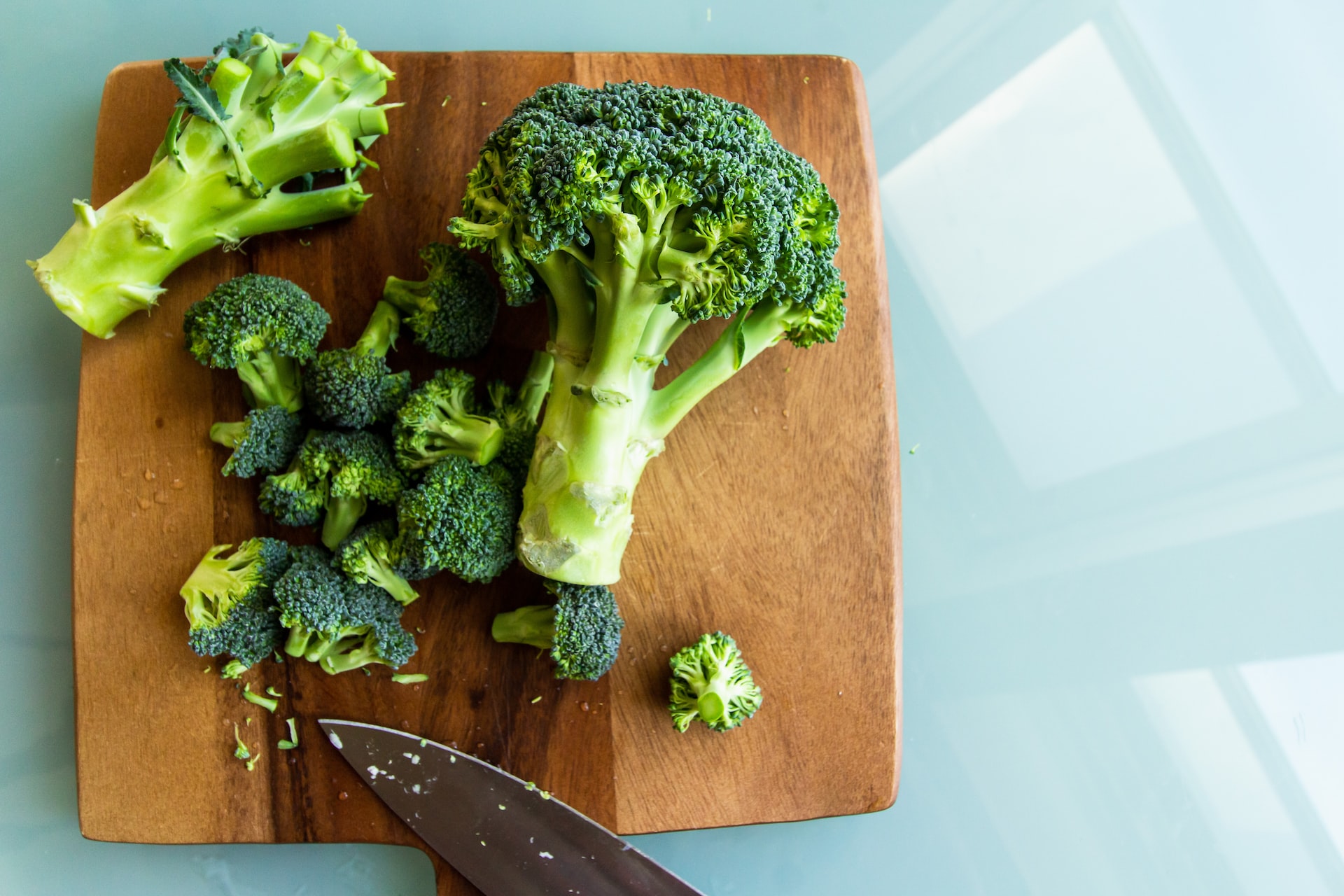
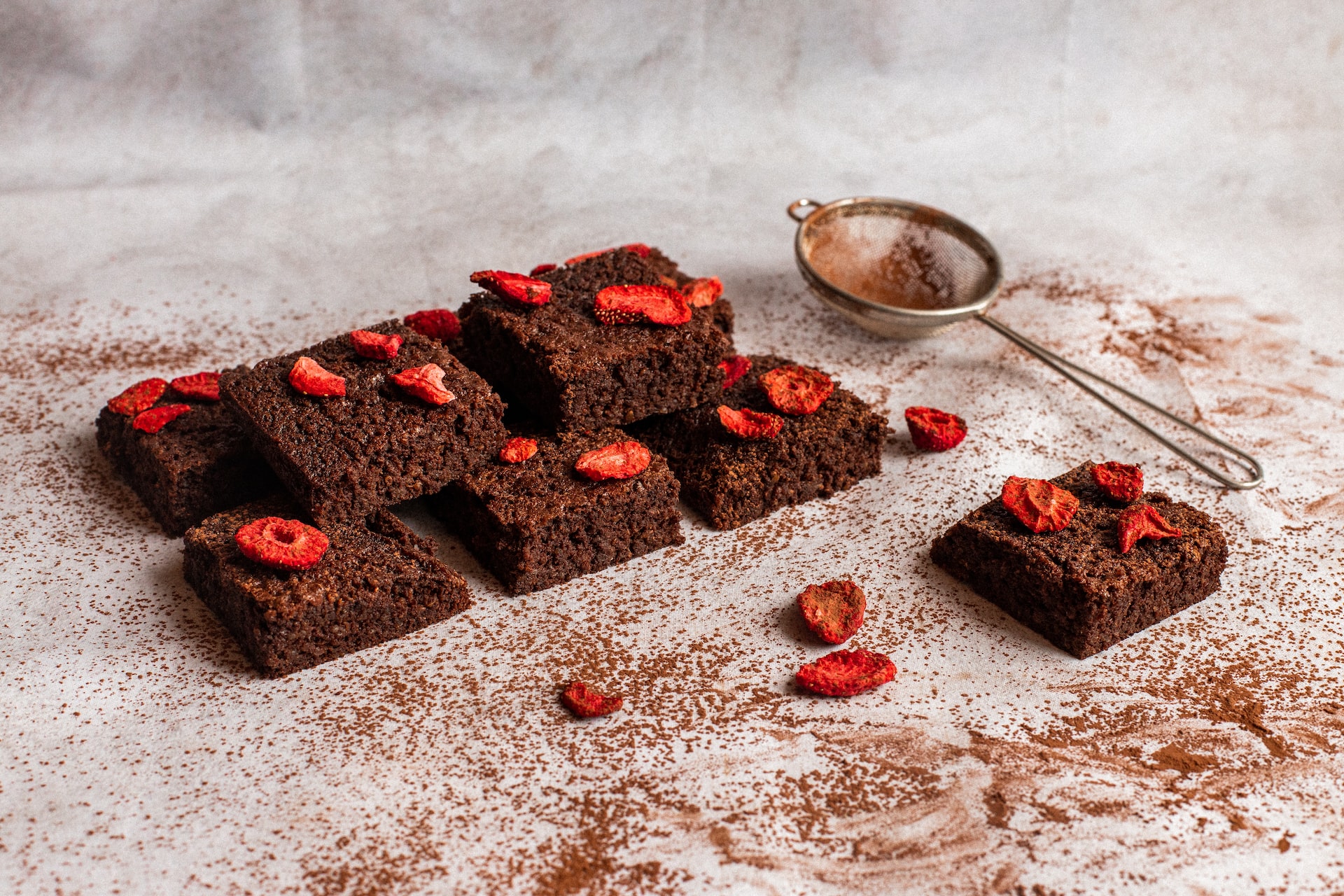

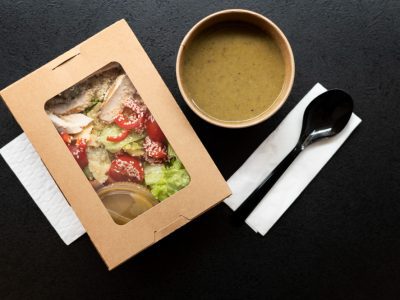

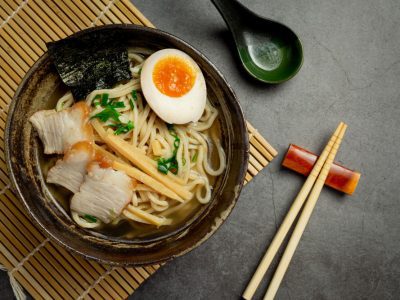




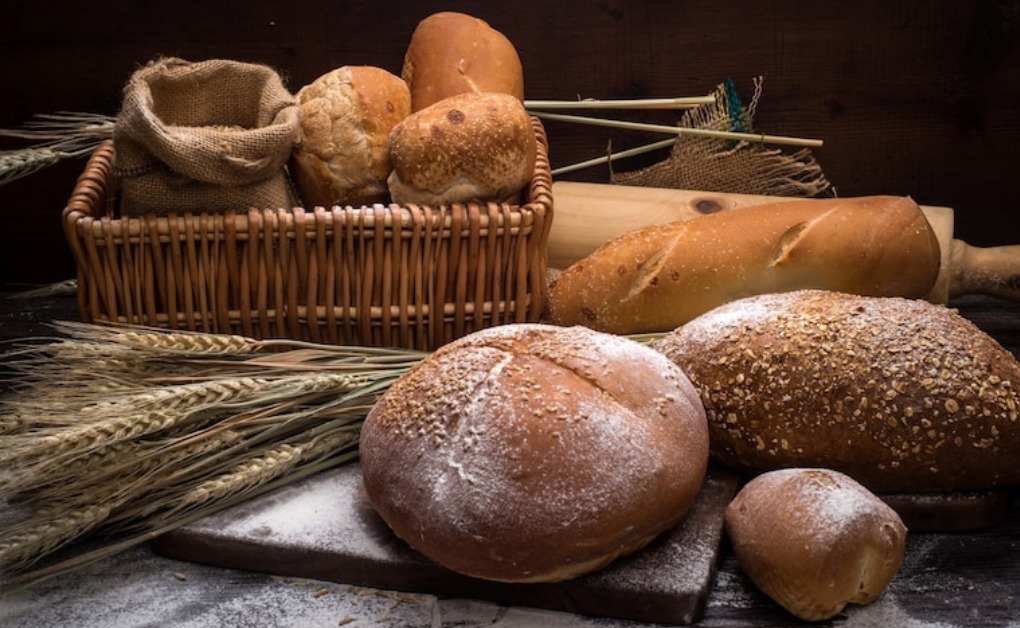






[…] Broccoli is another excellent source of Vit C. One cup of cooked broccoli contains around 81 mg of Vit C. Broccoli is also a great source of other vitamins and minerals, such as fibre, potassium, and Vitamin K. […]
[…] are looking for an alternative, there are plenty of other vegetables that are just as nutritious. Cauliflower is a great alternative to broccoli, as it is just as nutritious and has a milder flavour. Other […]
[…] Weight Management: High-fiber foods are often lower in calories and more filling than their low-fiber counterparts. By incorporating fiber-rich foods into your […]